Nội Dung Chính
Page 123
Making comparisons
Usage
We use comparison of equality to highlight the equality or inequality between two things, people or actions.
She is (not) as tall as her brother.
We use comparative adjectives to compare two people or things.
Nuran is taller than Fatma.
The shoes are more expensive than the trainers.
We use superlative adjectives to say that a person or thing has the greatest amount of a characteristic, compared to everything else in a group of three or more.
She's the most successful singer in the world.
We use different from to compare two or more items. Different means not the same.
Adam is so different from his brother.
We use like to express the similarity. We use a noun or pronoun after it.
My sister is like my mother.
Ability: can and could
| can |
| Affirmative | Negative |
| I / You / He / She / it / We / They can swim. | I / You / He /She / It / We / They can't swim. |
| Questions | Short answers |
| Can Jana swim? | Yes, she can. / No, she can't. |
| could |
| Affirmative | Negative |
| I / You / He / She / It / We / They could dance. | I / You / He / She / It / We / They couldn't dance. |
| Questions | Short answers |
| Could they dance? | Yes, they could. / No, they couldn't. |
Can and could each have only one form. They do not change with different subjects.
He can play the piano. She can make videos
He cans play the piano. She cans make videos.
We use can / could plus base form of the main verb (without to).
You can speak English. She could run 5km.
You can to speak English. She could to run 5km.
The negative forms of can and could are cannot and could not. However, in spoken and informal written English, we use the short forms can't and couldn't.
Ann can't cook. Ann doesn't can cook.
I couldn't play tennis. I didn't can play tennis.
As with can and could, the main verb takes the base form.
We can't bake cakes. We can't to bake cakes.
They couldn't understand the website.
They couldn't to understand the website.
Usage
Can and could describe the ability to do something.
I can make a pizza.
He could read when he was four.
Can describes the ability to do something in the present.
They can speak German now.
Could describes the ability to do something in the past.
She could ride a horse when she was six.
Questions with How ... ?
To make questions with how, we use how + often, much / many, or an adjective.
How often do you go shopping?
How much coffee do you drink?
How many older students do you know?
How high is that mountain?
Usage
We use questions with how when we want to know the frequency, measurement or quantity of something.
How much chocolate do you eat?
How many cousins have you got?
How far can you swim?
How strict are your parents?
We use often with how to ask about frequency.
How often do you practise the piano?
How usually / rarely do you practise the piano?
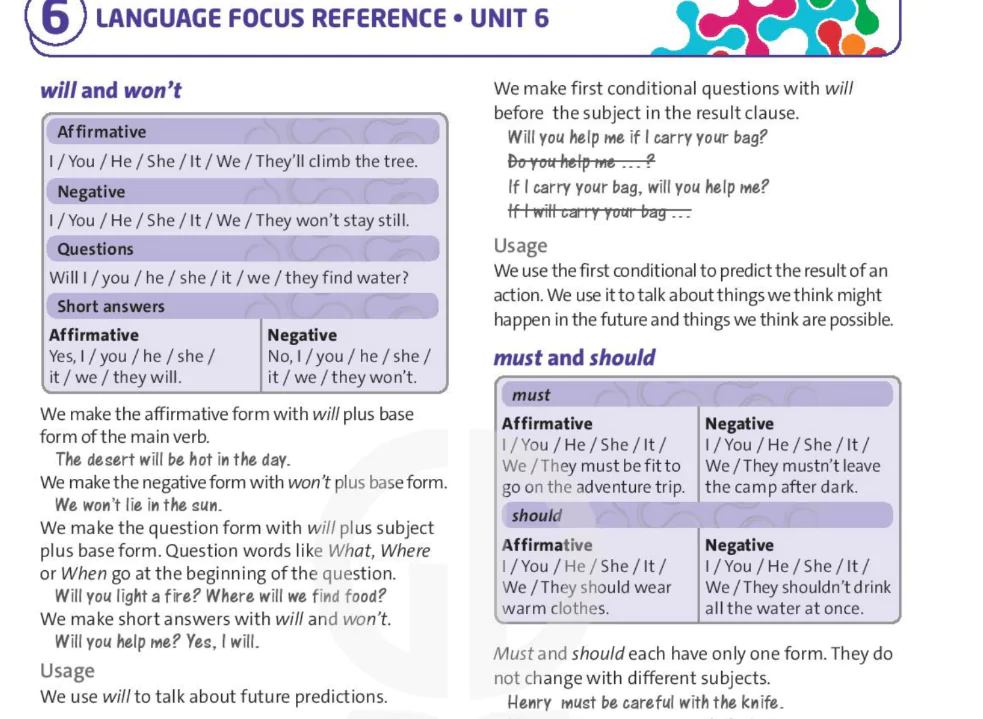
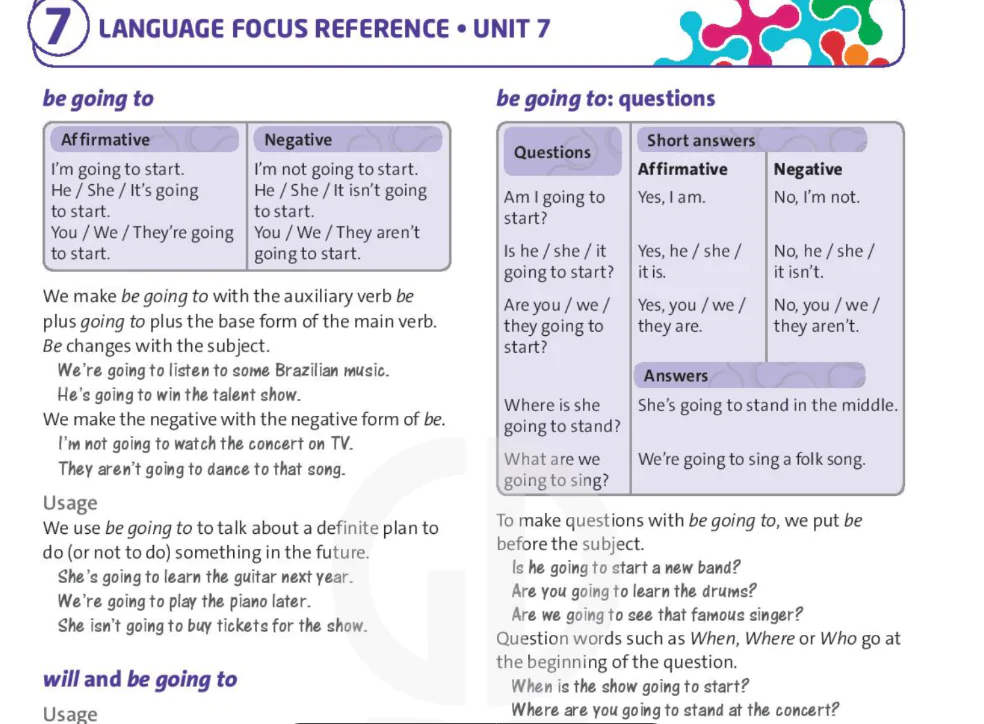
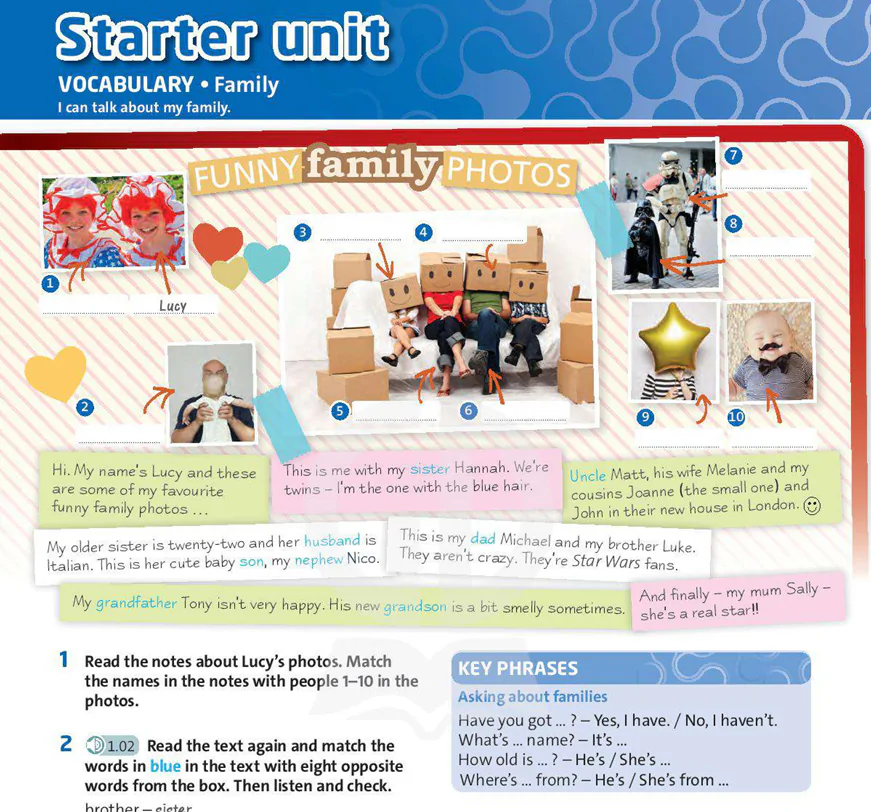
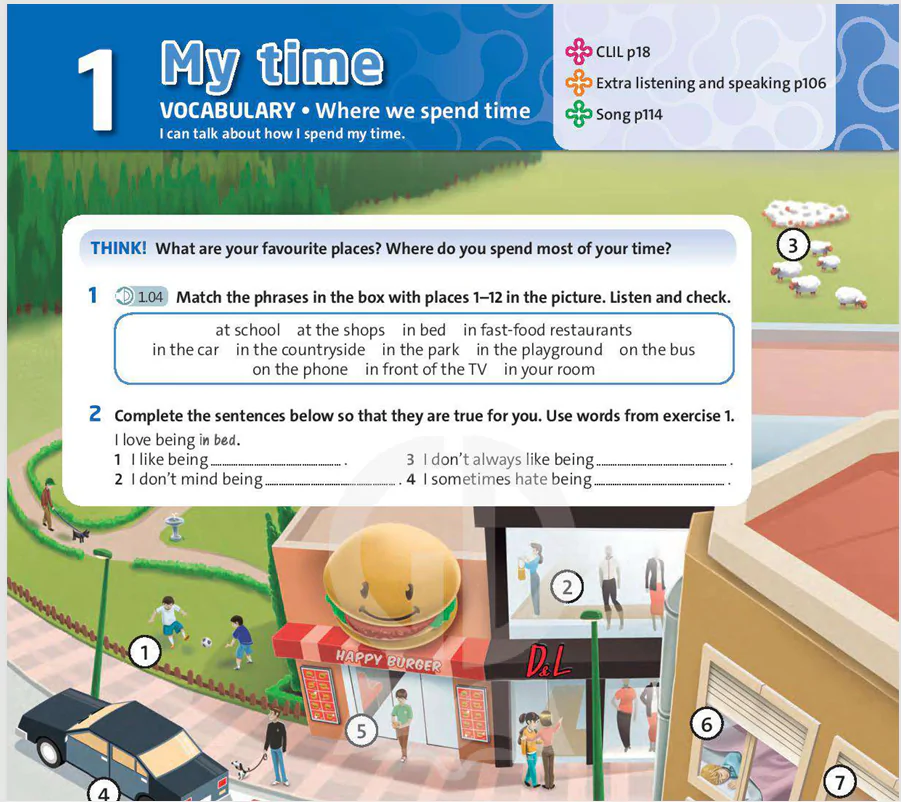
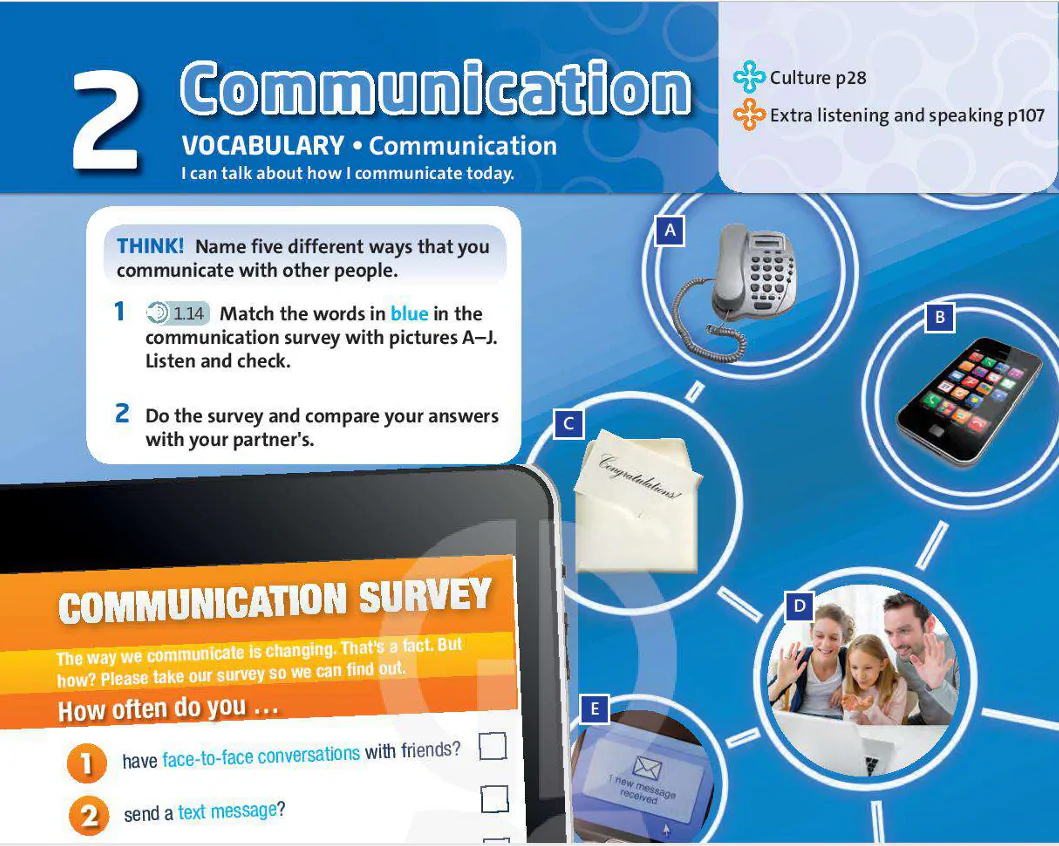
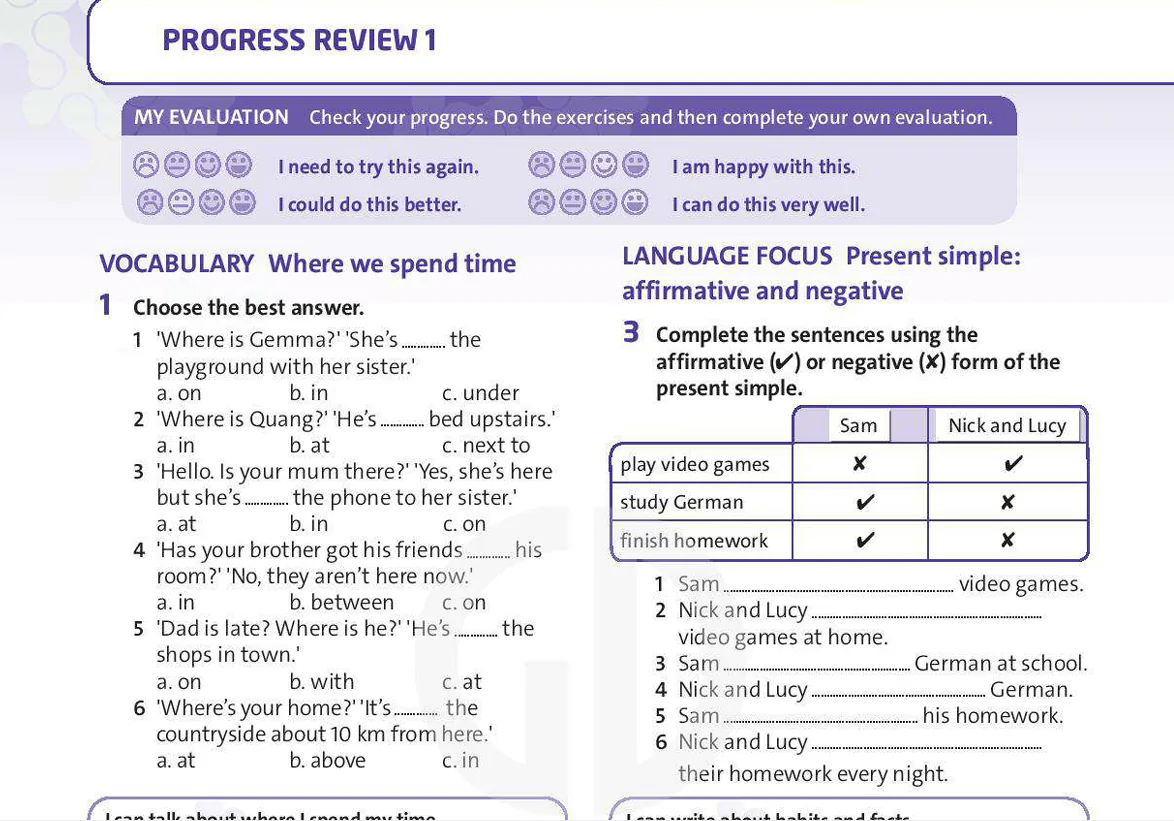
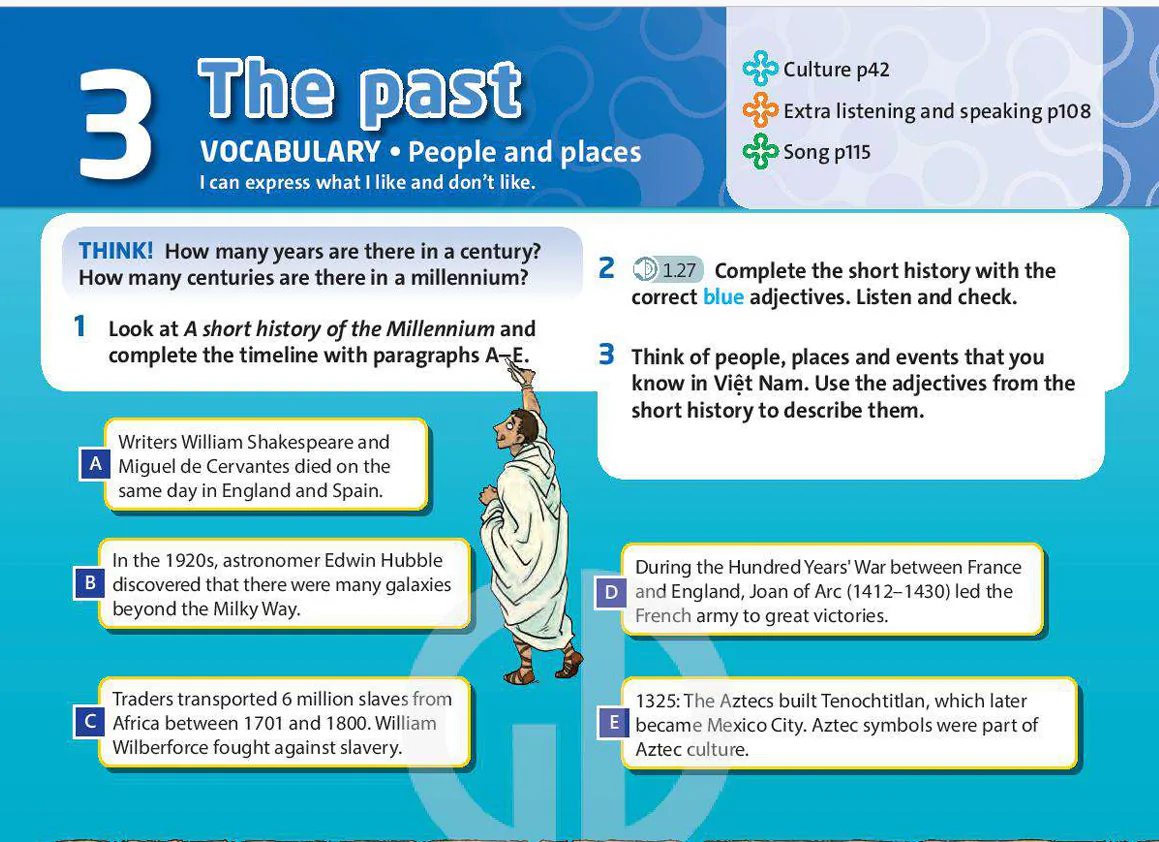
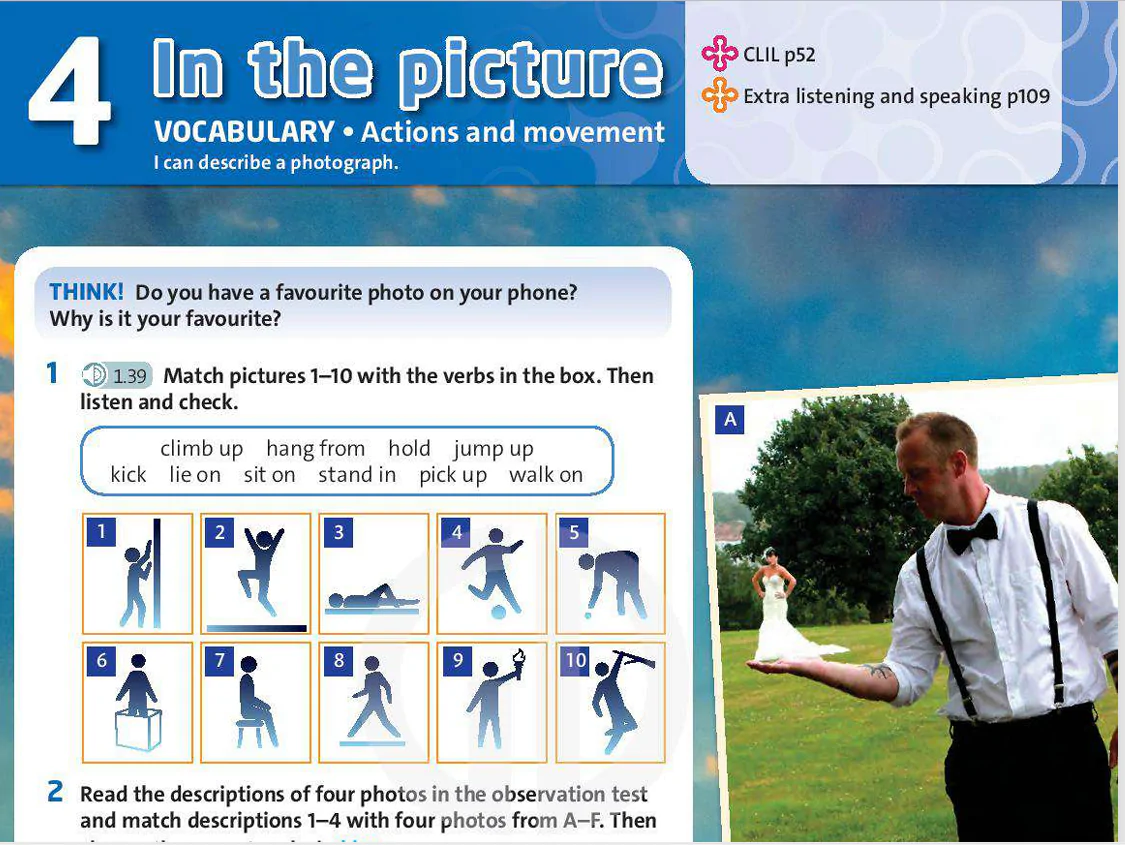
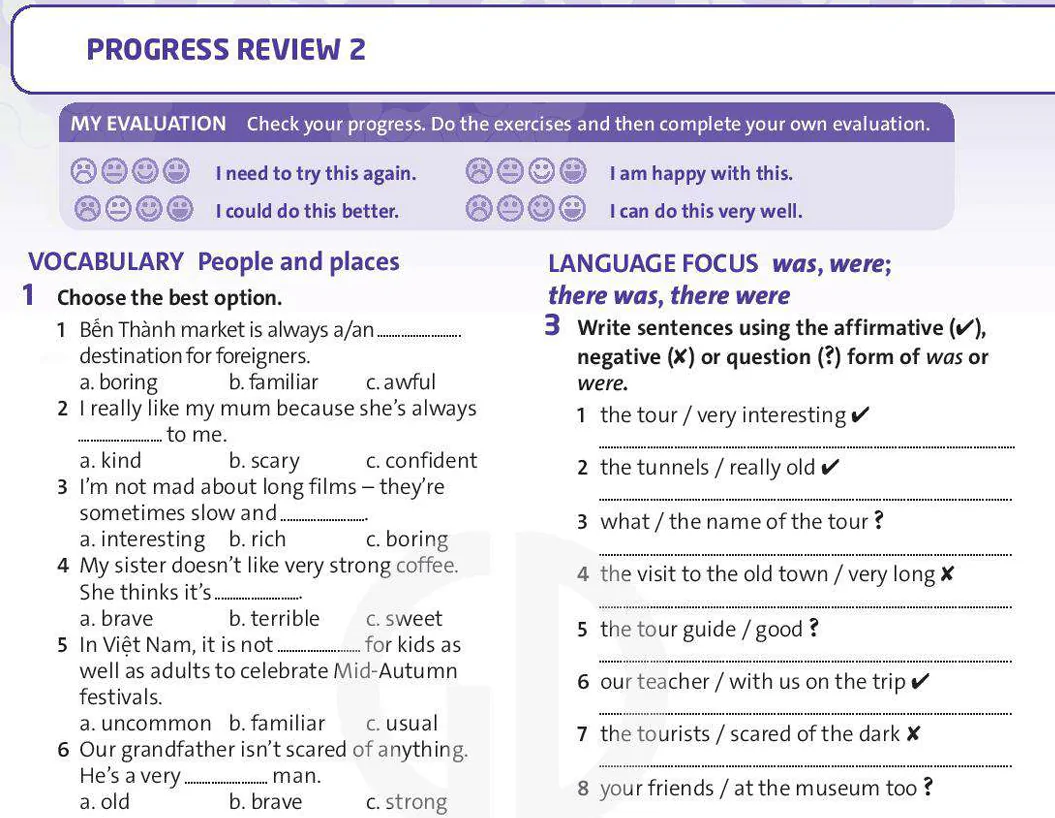
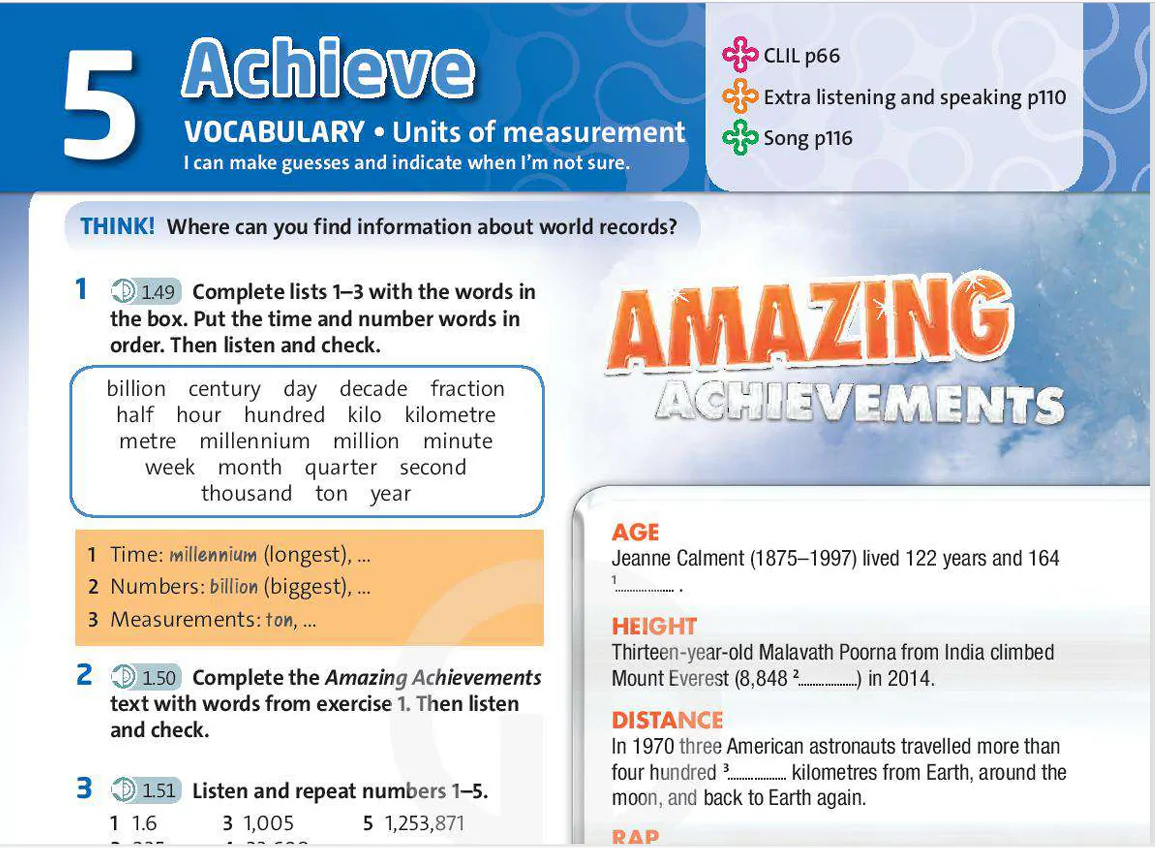
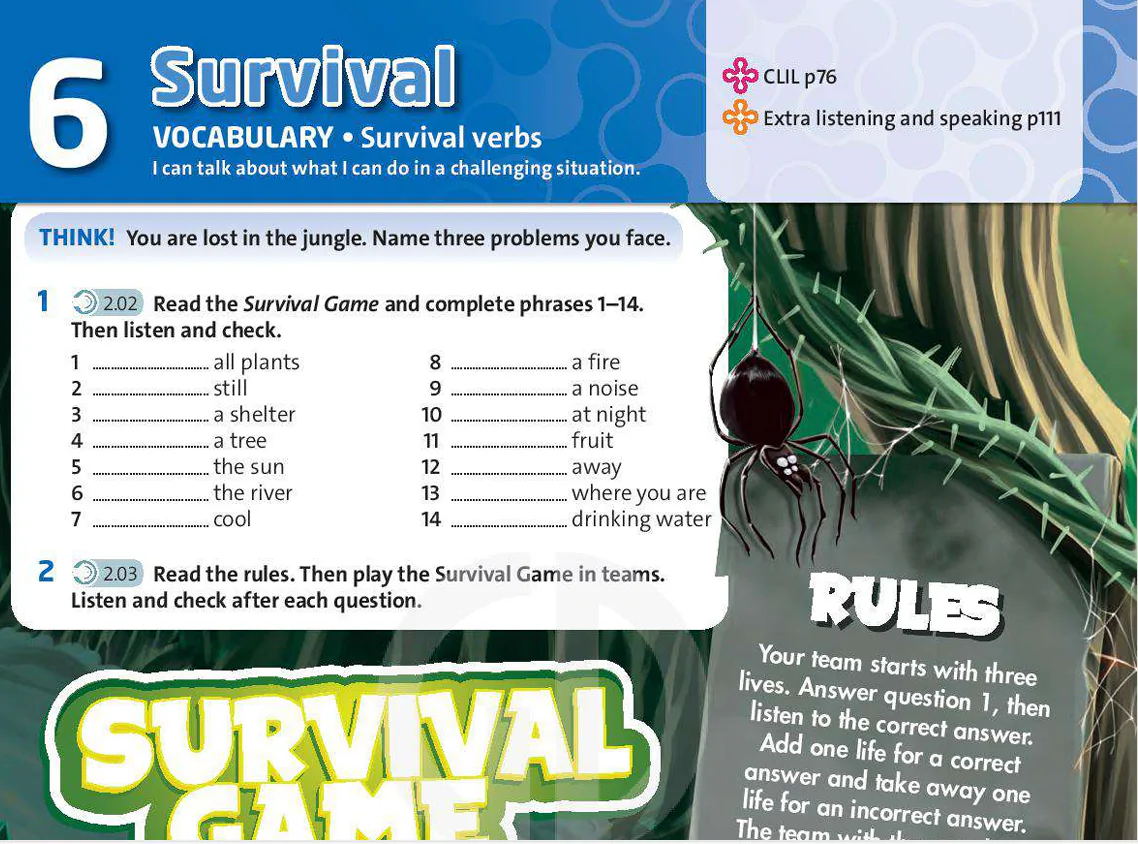
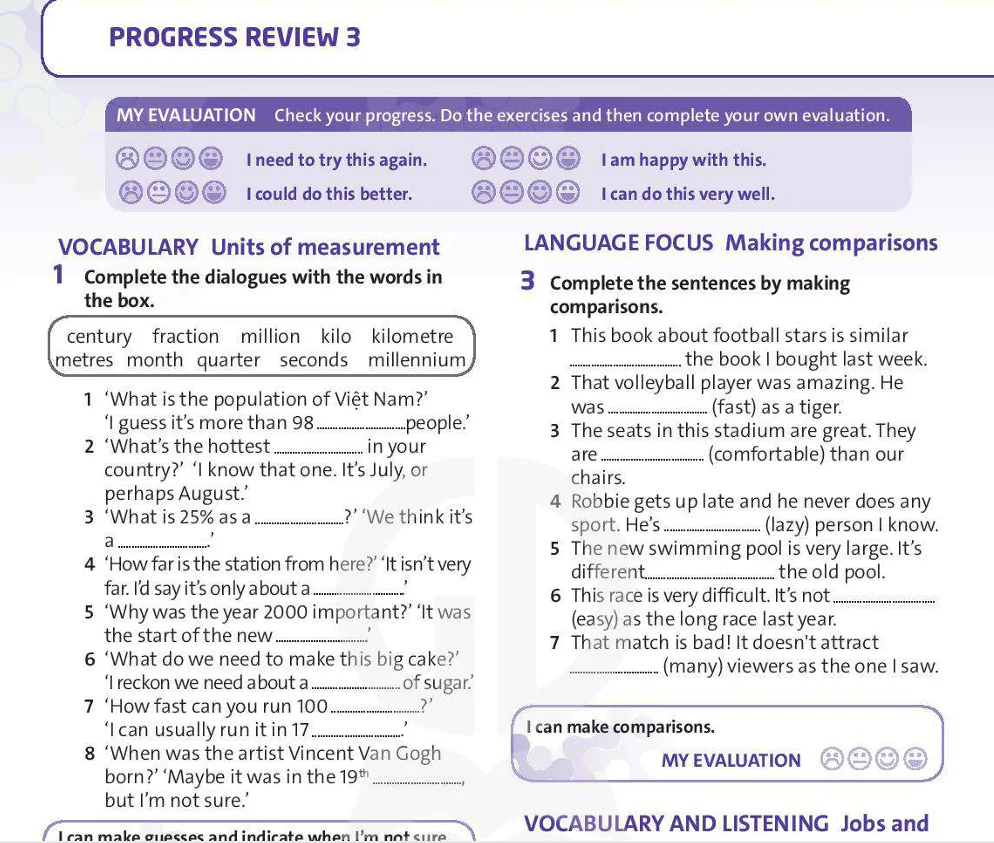
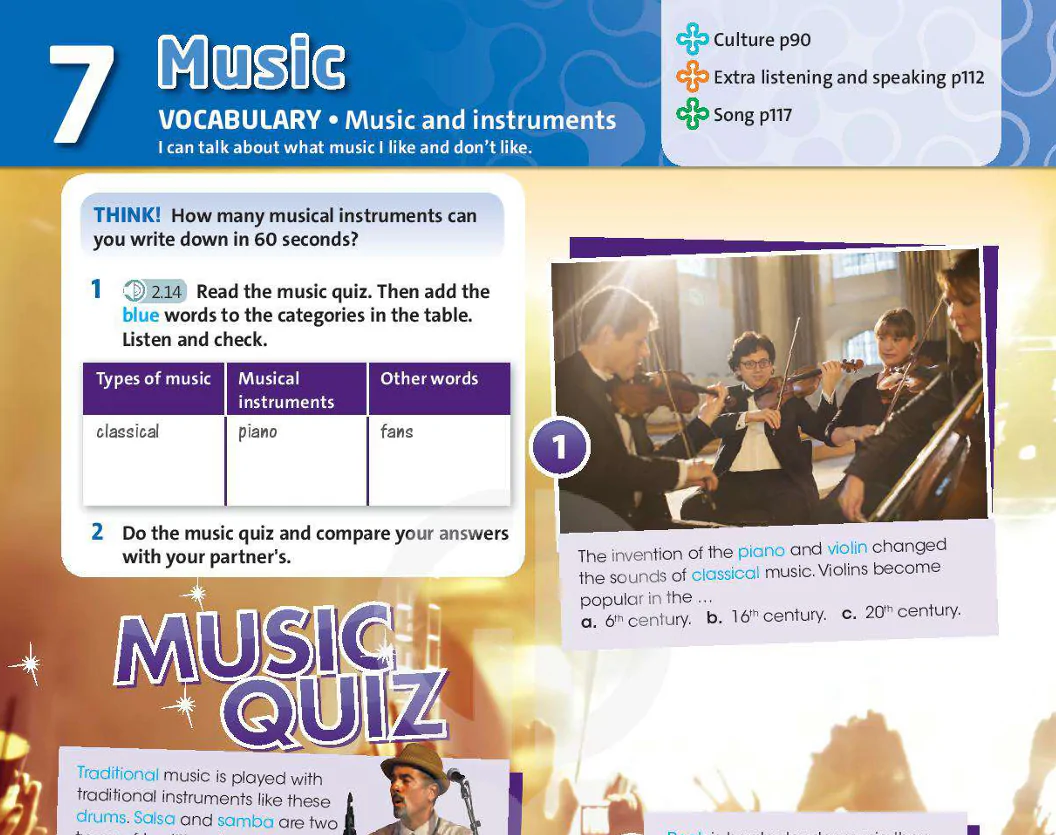
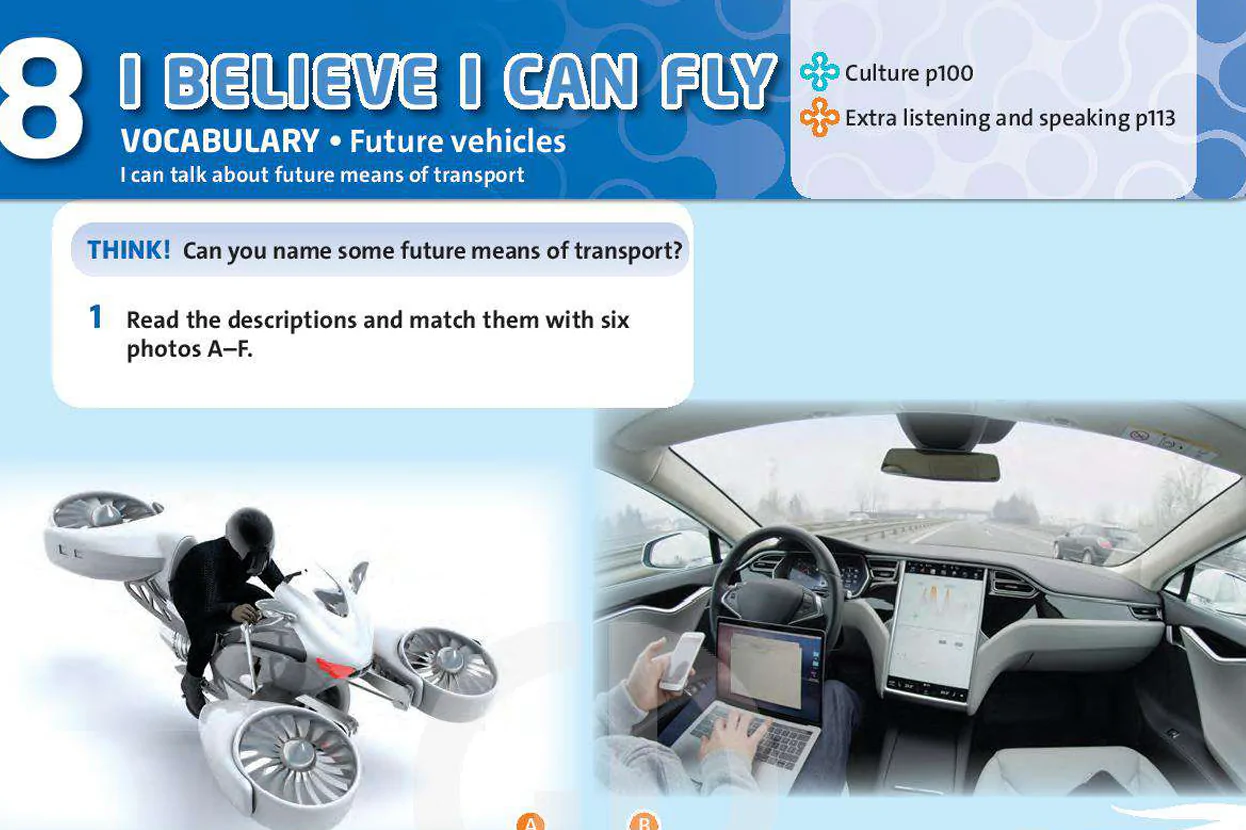
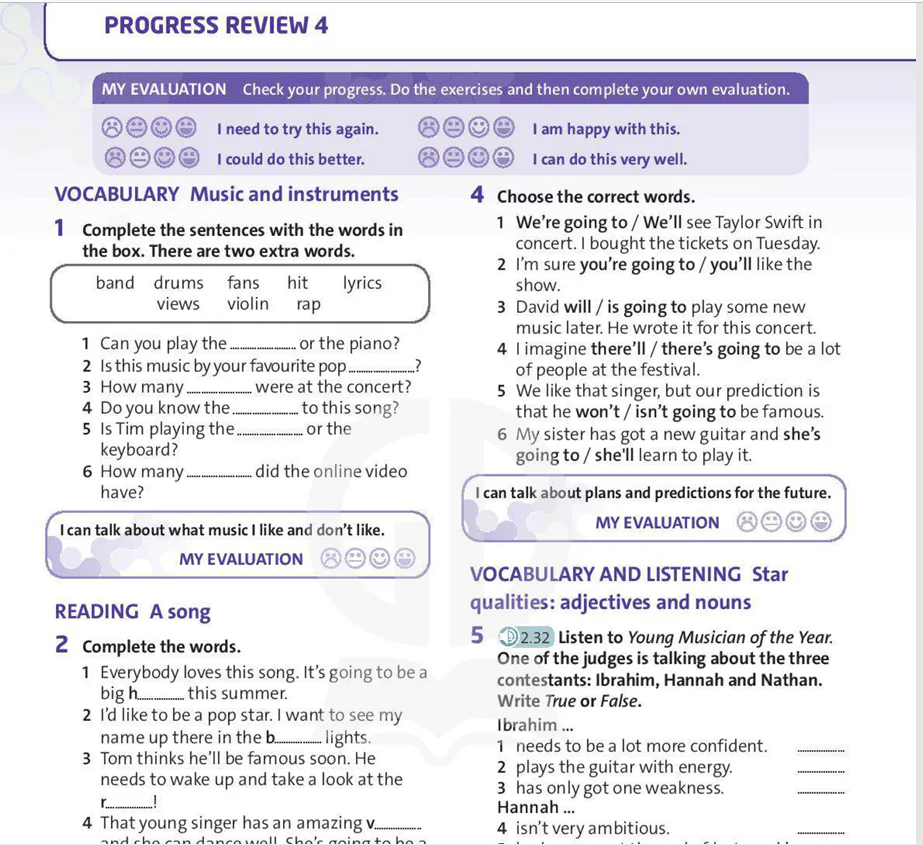
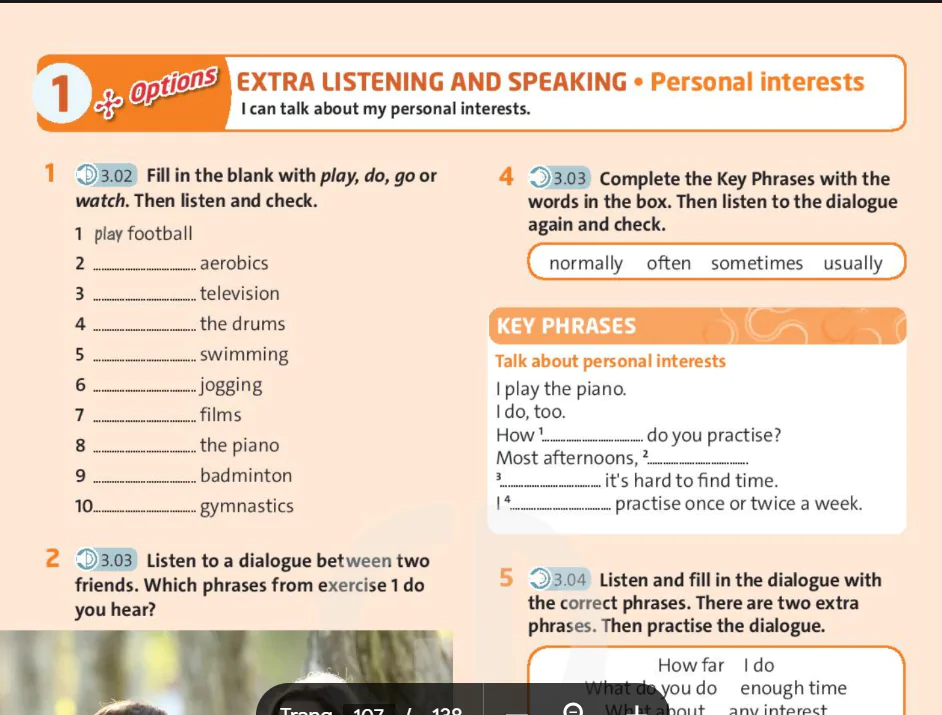
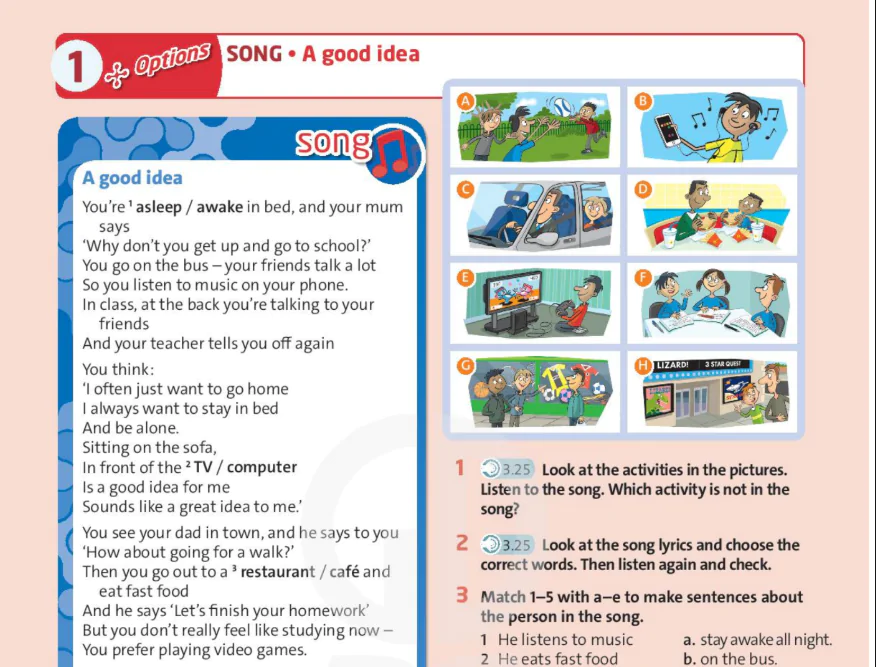
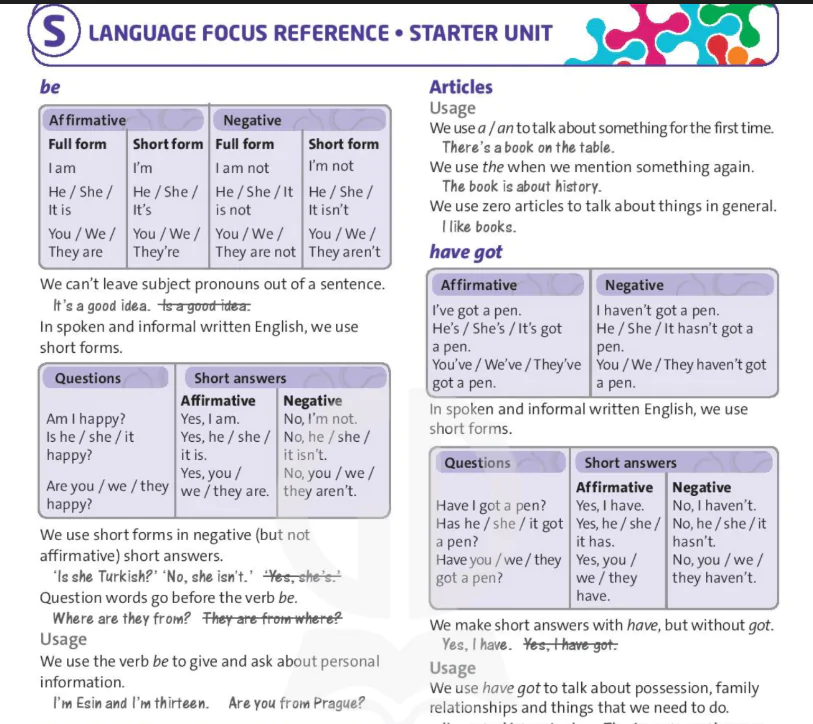
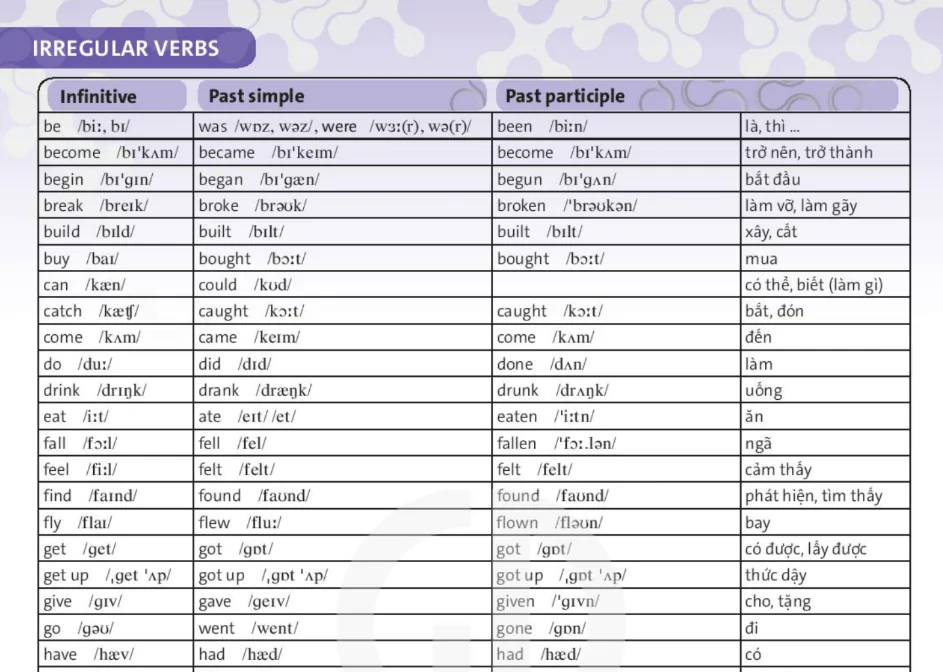
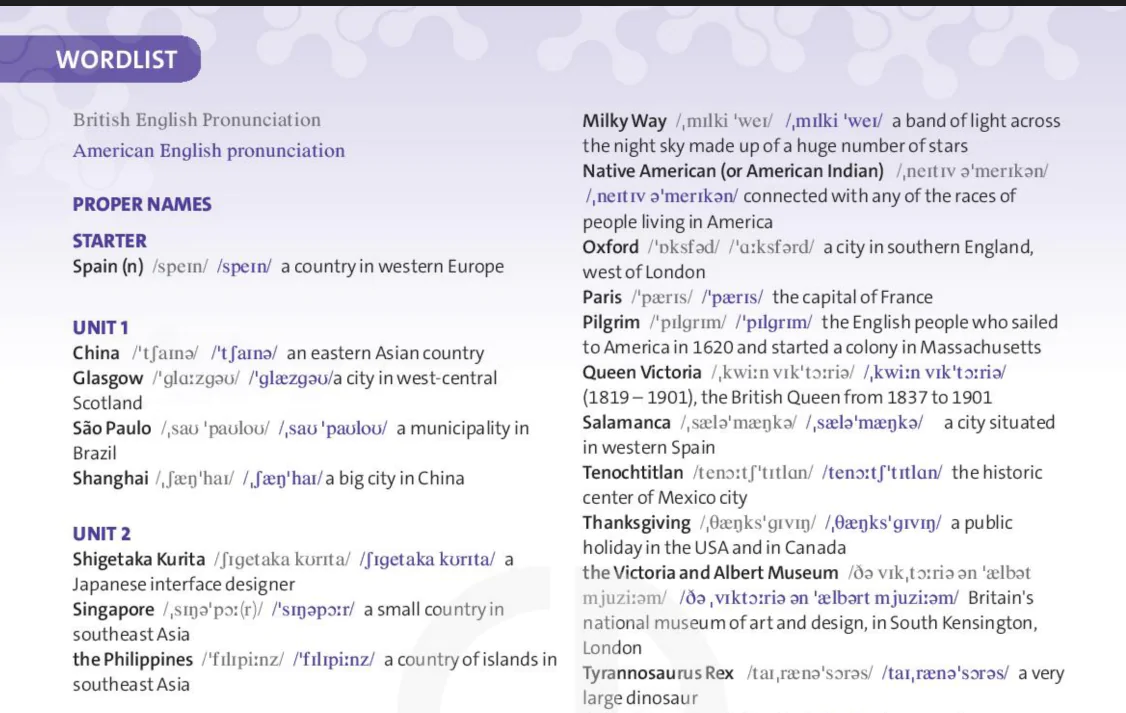



















Bình Luận
Để Lại Bình Luận Của Bạn